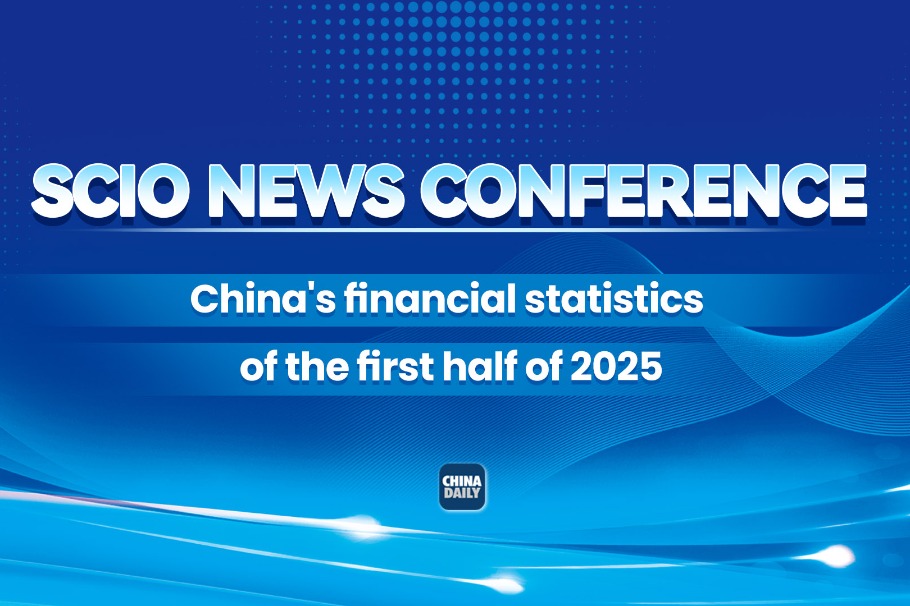Little problem in levying real estate tax

Real estate tax is a popular topic of discussion these days, with some people saying it is difficult to levy real estate tax in China because land property rights in the countries that have imposed such a tax belong to individuals, not to the State as in China.
But not all land in foreign countries belongs to individuals. In the United Kingdom for example, both private land and public land exist, and public land there belongs to various levels of government or public bodies. According to the England land law that covers England and Wales, there are two types of housing and land relationship. The first is freehold-a freeholder with property right over land can be either a single person or a group of people. The second is leasehold, in which the property right to housing is limited to just using the land, not owning it. Scotland and Northern Ireland have similar laws, the real estate tax in the UK, called Council tax, is imposed on both freehold and leasehold properties.
Some people in China also argue that the real estate tax is actually a "double tax", because the housing price includes the land price. But land price is rental and should not be confused with real estate tax. In today's multiple tax system, whether or not a real estate tax should be levied depends on whether an economy can strike the right balance between land rental and real estate tax.
Moreover, levying of real estate tax may help prevent housing prices from shooting through the roof owing to sky-high land prices, as seen in the past.
Another group of people argue that it is not feasible to impose real estate tax. For instance, a scholar said at a recent forum that it may take China up to 150 years to levy real estate tax nationwide because it has to first solve the tax base assessment problem, which is very complicated.
But China launched a pilot program for collecting property tax more than one decade ago. Aimed at untying the knots in the tax base assessment mechanism, the pilot program was launched in six cities, and has now been extended to 10 more cities.
My research shows it is possible to access all the basic immovable property data, upload them on the computer system, and use software to assess property tax.
There are also people who ask how can the limited property housing problem be solved if real estate tax is levied. I tried to deal with the limited property housing problem through real estate tax reform. In fact, a pilot project has been launched in Shenzhen, Guangdong province, to solve the problem.
To reform the real estate tax system, first we need to expedite legislation, as statutory taxation is vital to tax reform-and legislation is expected to be completed within the five years of the next National People's Congress, China's top legislature.
Second, real estate tax should be levied in accordance with China's actual conditions and stage of development. Besides, opinions from different walks of society should be solicited before finalizing the real estate tax law, as it would enable people from different strata of society to voice their demands and give their suggestions. This means the tax reform should be in accordance with the "greatest common divisor" of the legal framework.
Third, related tax reforms should also be considered, because real estate tax or immovable property tax is a general concept that includes different types of taxes related to the real estate sector. The central government's decision to accelerate legislation of real estate tax and promote tax reform mainly refers to the narrowly defined immovable property tax in the holding process. As such, the most important job for this year is to establish a foolproof immovable property registration system.
And fourth, we should be fully prepared to deal with the difficulties that may arise in the legislation process, and actively promote consensus among various parties.
The author is director of the China Academy of New Supply-side Economics, and former director of the Institute for Fiscal Science Research under the Ministry of Finance.

































